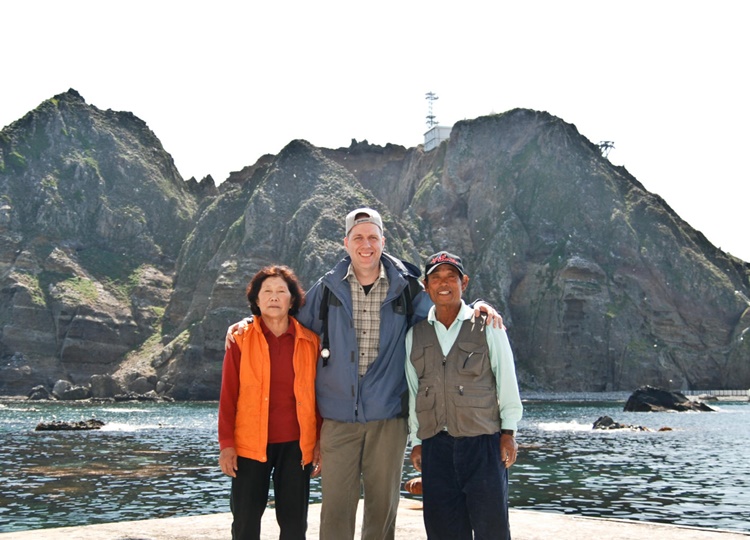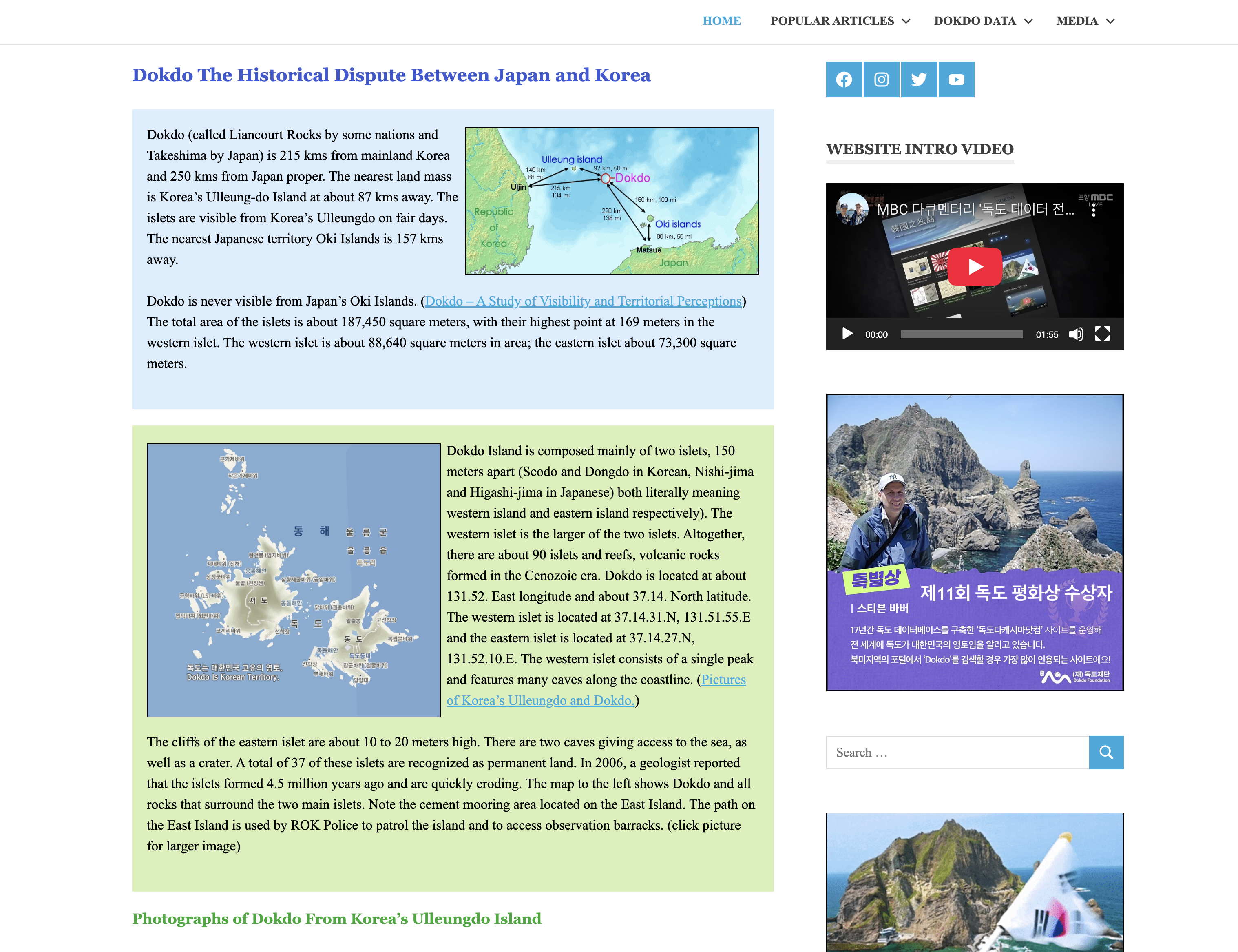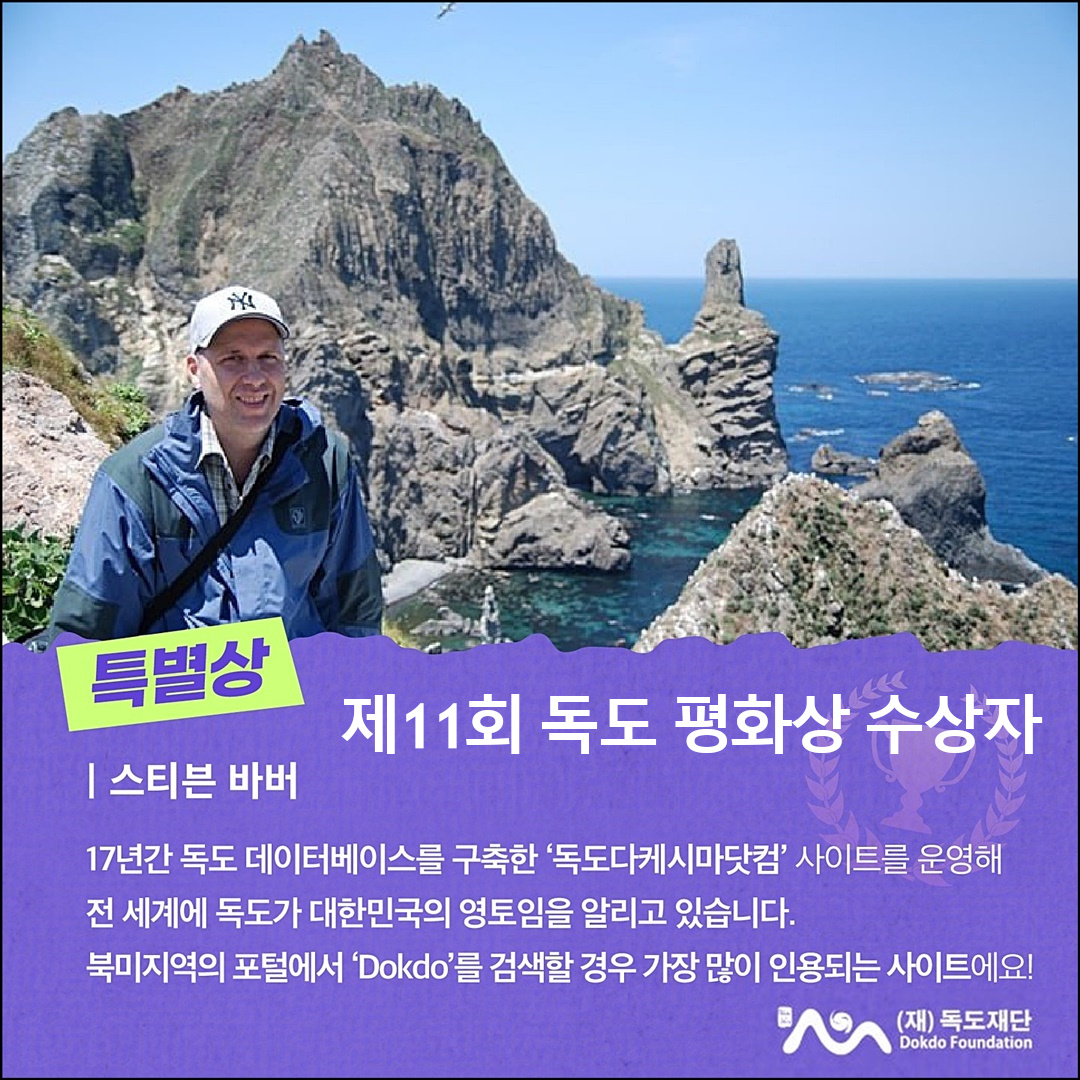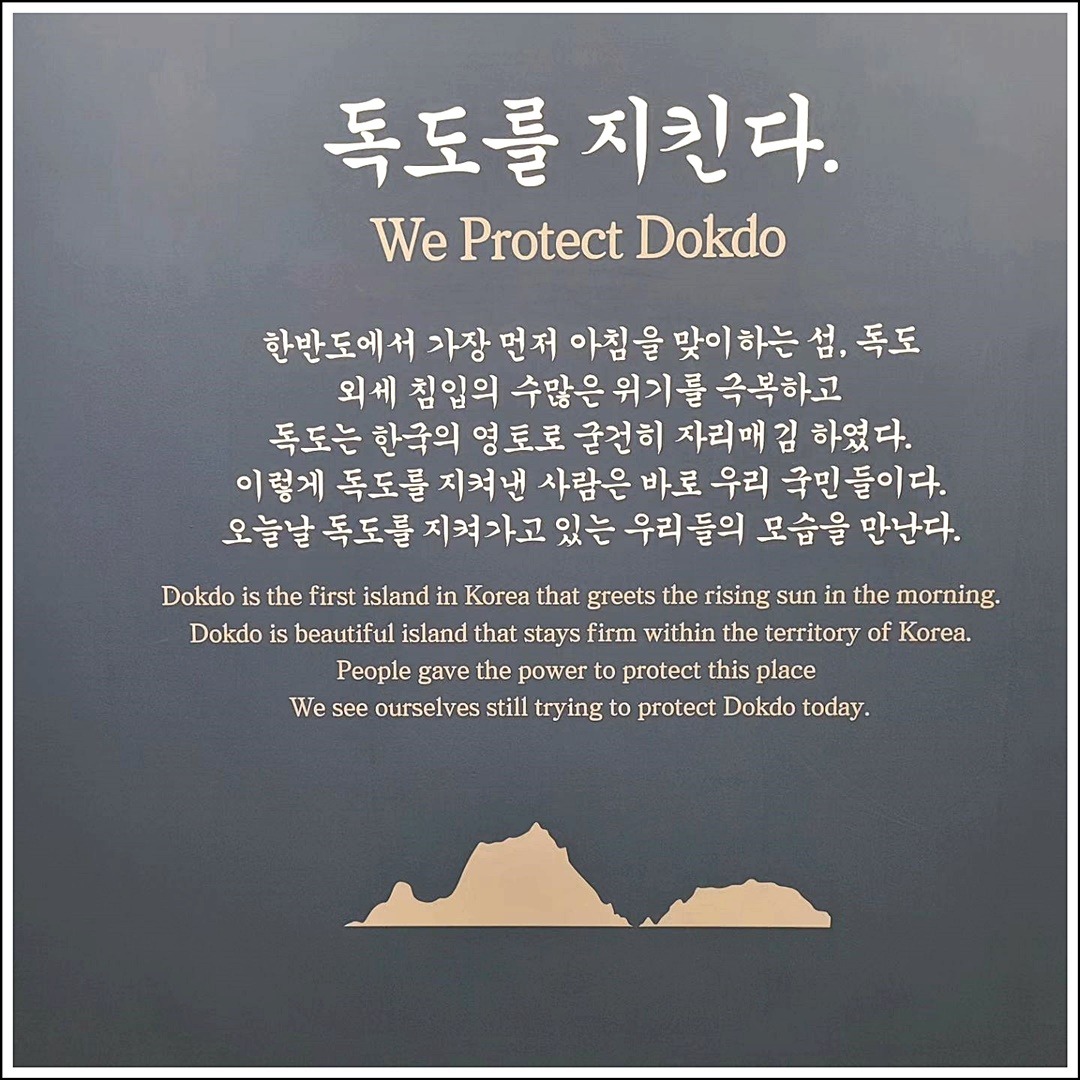In the midst of ongoing territorial debates between Korea and Japan, the small group of rocky islets known as Dokdo (also referred to as Takeshima by Japan) has become a powerful symbol of national pride and historical truth for Koreans. But what happens when a foreigner takes it upon himself to research the issue independently and advocate for the Korean perspective through years of personal effort? To commemorate Dokdo Day on October 25th, I conducted an interview with Steven Barber, a Canadian expat and researcher, who has become one of the most respected international voices on the Dokdo issue. In this interview, he shares his motivations, insights, and hopes for the future of Korea’s easternmost territory.
The following are excerpts from an email interview with him conducted from Sept 13-14.
Could you please give an introduction about yourself?
I’m a Canadian expat and my name is Steven Barber, I came to Korea in 1999. I am the webmaster of a multi-language database related to the Dokdo Island dispute between Korea and Japan. The website I created is called https://www.dokdo-takeshima.com and I have been running it for 19 years since 2006.

What first inspired you to create the website https://www.dokdo-takeshima.com?
While living in Korea, many expats including myself would discuss Korean issues on foreigner blogs. The topic of Dokdo came up often, which sparked my curiosity and motivated me to conduct my own research. During debates, I frequently referenced websites to support.
What was your main purpose in creating this website?
The primary purpose of my website is to provide historical evidence showing that Dokdo has always been Korean territory. I aim to present this information in a purely factual manner, without nationalism or hatred. I always make it clear that I hold no animosity toward Japan.

Over the years, you have written many articles about Dokdo. Can you tell us more about your content and what visitors can learn from your site?
My articles usually begin with a historical record or map, followed by translations and contextual analysis explaining how the data supports Korea’s claim to Dokdo. I have also collected numerous images and maps through my research and field trips to both Dokdo and Ulleungdo. Visitors to my site can learn about the origins of the Dokdo dispute, including a significant amount of Japanese documentation that reveals inconsistencies in Japan’s claim.
What does Dokdo mean to you personally?
To me, Dokdo is a symbol of Korea’s freedom and resilience. It was the first Korean territory seized by Japan in 1905, so it holds deep historical significance. That’s why it is essential for Koreans to protect Dokdo and to respond firmly when Japan makes unfounded territorial claims.

Japan frequently asserts that Dokdo is its native territory. What is your perspective on this?
Japan has no valid historical claim to Dokdo. In fact, many Japanese records show that the island was either excluded from Japanese territory or regarded as part of Chosun (Korea). The 1905 annexation of Dokdo was part of Japan’s naval strategy during the Russo-Japanese War, which was closely tied to their colonisation of Korea. Allowing Japan to reclaim that narrative would be a dangerous step backward.

What can people do to support Dokdo?
Koreans can support Dokdo by visiting both Ulleungdo and Dokdo. Historically, Ulleungdo has always been seen as Dokdo’s sister island, and their fates are closely intertwined. Promoting tourism to Ulleungdo not only raises awareness about Dokdo but also supports the local economy and reinforces Korea’s presence and sovereignty in the region.
With Dokdo Day approaching, do you have a message you'd like to share?
On October 25th, I want Koreans to know that many foreigners support Korea’s rightful claim to Dokdo. Korea is not alone in this. We will continue to educate the global community through public awareness and academic research.
Steven Barber’s dedication to historical truth and cultural understanding stands as a powerful example of international solidarity. His years of research and tireless efforts to document the facts surrounding the Dokdo dispute demonstrate how one person’s curiosity can evolve into a valuable public resource. As Dokdo Day approaches, his message is clear “The world is listening, and the truth matters.”
How about this article?
- Like5
- Support1
- Amazing0
- Sad0
- Curious0
- Insightful2


